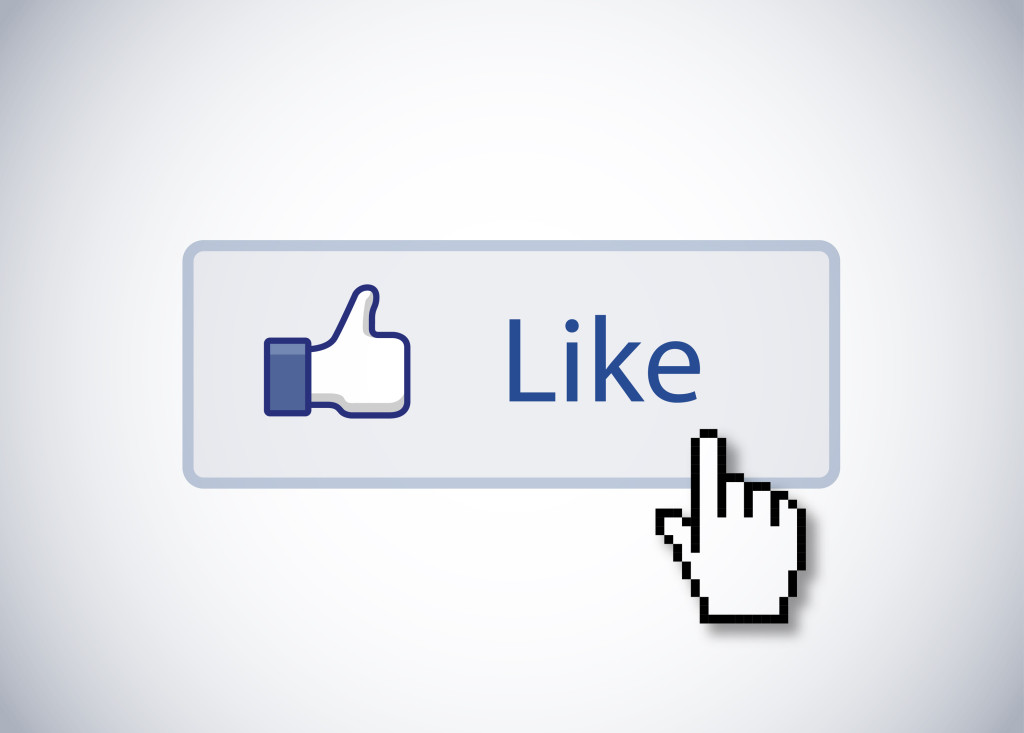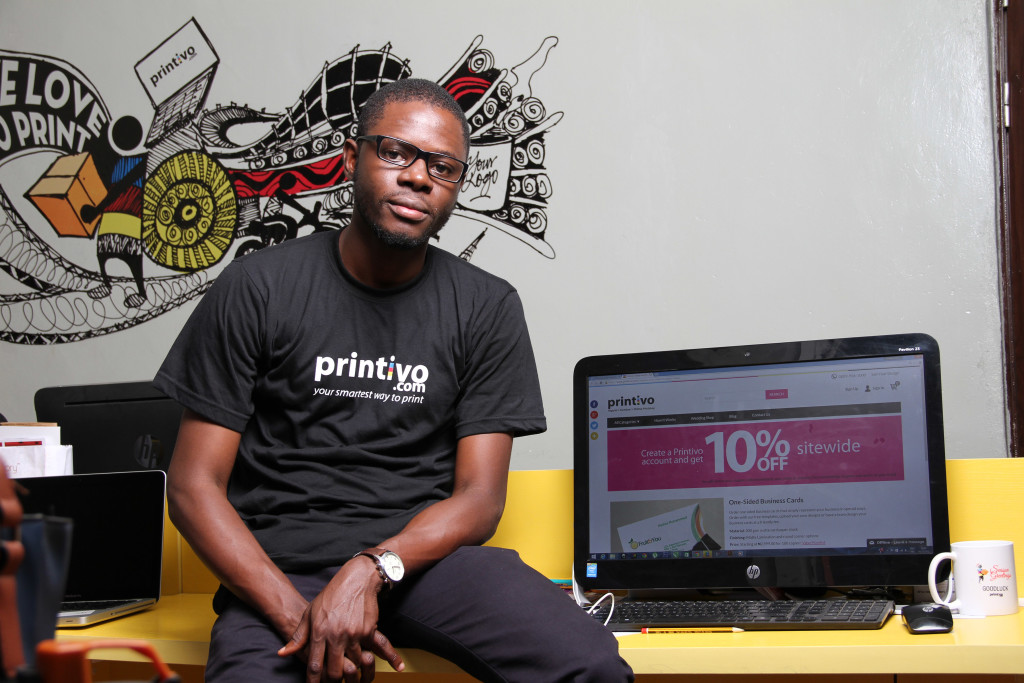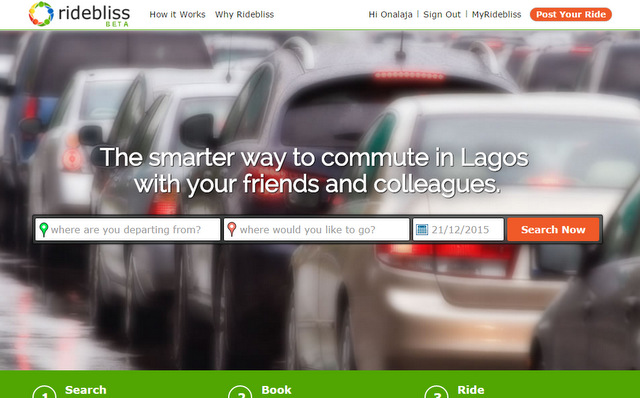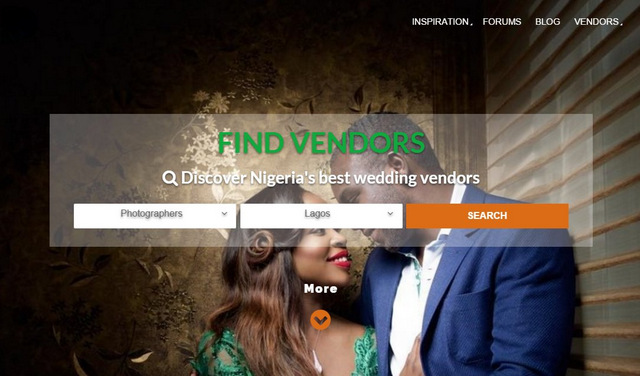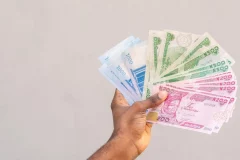Promoting pages on Facebook via their ‘like ads’ (different from banner ads) is useless. I’ll tell you why.
But first, the difference between those two. While page like ads are to get a business a ton of likes, Facebook banner ads create those banners that show up on the right column on Facebook. The banners can serve multiple purposes, from website conversions, to app install, events awareness to video views funnel.
Over the past few years, fake likes on Facebook have diluted the authenticity of engagement on the platform.
Where do these come from? Mostly, click farms in India, Bangladesh, Sri Lanka, Egypt and other countries in the Levant where workers are paid $1 per thousand clicks.
When a business creates a Facebook ad to boost their following on Facebook, what they are really looking forward to is engagement with their content. How many people did the content reach, how many interacted with the content and maybe even clicked through to the advertiser’s website?
It is not unusual for a business to spend top dollar on Facebook ads promoting their pages to secure commensurate following, only to discover few people engaged with the content on the advertised page.
In a Veritasium video in 2014, Derek Muller shared the story of how his Facebook fan page grew from 2000 to 70,000 likes in the space of one week after signing up to a $50 one-time ad offer from Facebook.
What he realized however was that user engagement on the page (post-ad) instead of increasing, reduced even further. As he later realized, most of the likes had come, not from core fans with interest in learning about science, but, fake fans.
Fake fans, of course, behave differently from normal fans. Because, they didn’t have interest in the page in the first place, they don’t engage with the post. Engagement remains the same as pre-ad and there is no real return on investment.
The question becomes, why did Derek get fake Facebook likes even after he signed up for a legitimate, Facebook-sanctioned campaign?
Facebook has been cracking down on fake likes. At one time, Facebook deleted more than 83 million fake accounts on Facebook. One of the ways it detects these accounts is through its fraud algorithm. Because these accounts want to escape the algorithm’s radar, they mimic the behaviour of regular accounts. One of their tactics is to “like” a lot of things different things to make it impossible for the algorithm to isolate them as a fake accounts.
In this video (7:30), Derek articulates this phenomenon clearly.
In the long run, while promoted accounts on Facebook will get you more likes, maybe even put you in the face of more users, it most likely won’t convert into sales or the community of rabid fans you were hoping for.
Image via: jurismagazine.com









